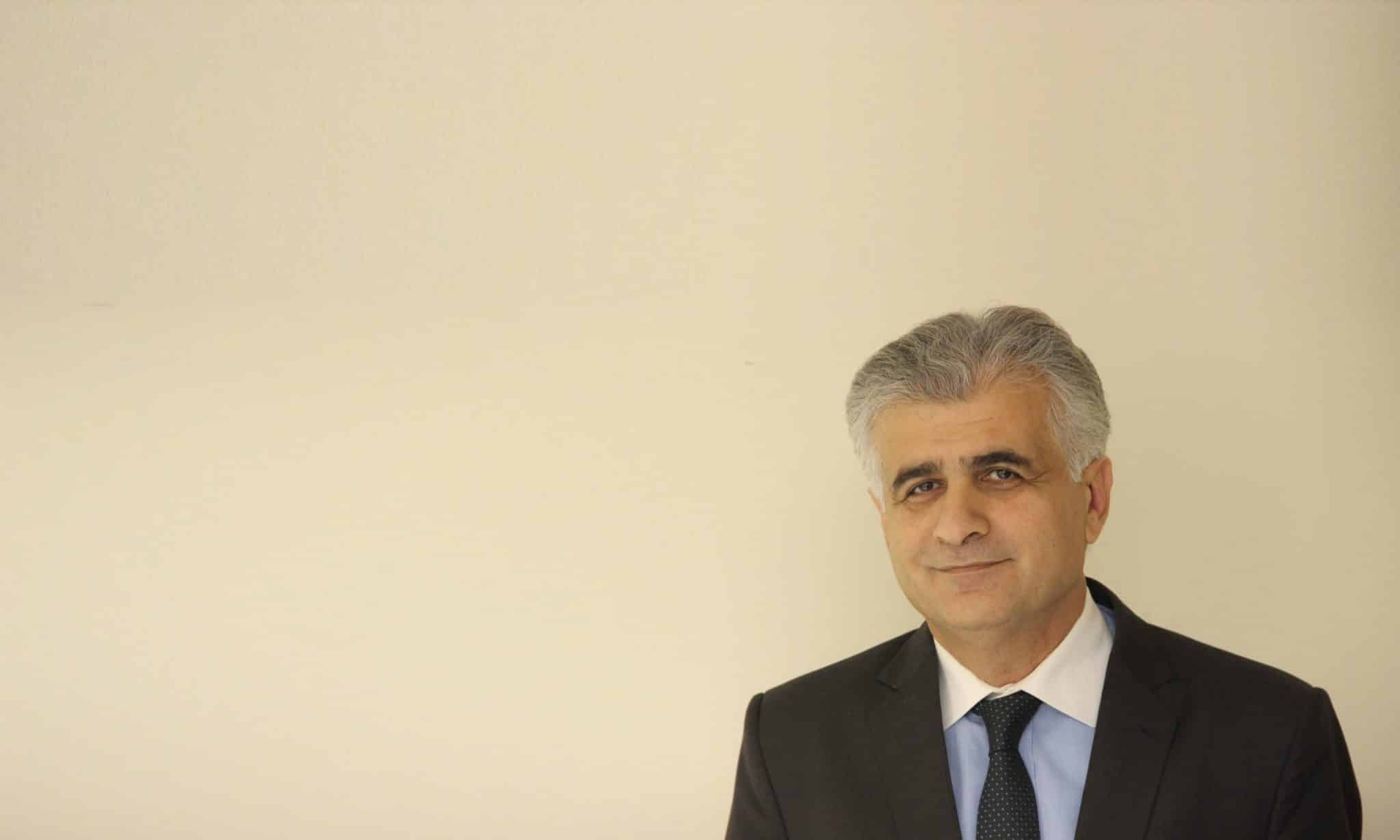Many schools and universities in Bahrain and around the world have closed doors and cancelled classes amid Corornavirus concerns. This opens the door for remote classrooms using Artificial Intelligence, something that I have highlighted several time in the past two years. Now, it is time to revisit and move towards the inevitable ‘futuristic teaching models’. Below are few examples of such technologies:
Omni-choice learning pathways
In the future, online courses would have advanced from omni-channel where students get the option to get the lesson anytime, anywhere and from any medium of choice to omni-choice whereby students would have the options to customize and configure the education journey based on their individual needs and interest.
The classroom will be in a remote setting -home, office or during commute – and students would be able to continue their lesson on any device they have on hand for any duration and format.
The AI-driven personalization would enable students to focus on the content of the learning module. As opposed to the mechanics of the lesson delivery.
Cognitive courseware
Simulated classes with a limited number of possible scenarios will be a thing of a past and will be replaced instead with interactive, technology-based learning experience. Allowing students to learn by doing.
The traditional delivery model will be abandoned. Borrowing digital strategies and innovations from the healthcare industry. The future classroom will feature IoT devices such as wearables which will allow for continual monitoring and trackings.
Data derived from these devices will then be paired with for example AI with cognitive capabilities to customize lesson plans based on predefined metrics.
Virtual counselors
Counseling in future will be carried out via various futuristic virtual interactive tools. Such as voice calls, wearables, augmented reality and virtual reality to guide students through their education process.
The AI-driven virtual counselors will advise students. From course selection, lesson personalizations, degree completion to career planning based on in-depth data analysis and advanced algorithms. Each unique for a student, moving away from the current one size fits all education syllabi.
These virtual counselors will free up the workload of human counselors. They then can focus more meaningful and strategic work functions.
AI-enabled course development & grading
Course development for the institutions will soon be done by AI, based on the real-time data and up-to-date information.
This will enable students to get only the most relevant and impactful lesson that will prepare them for the ever-changing job market. Reducing the world load of course developers and administrators.
Beyond that, AI course grading would also have advanced. It will result in increased fairness and accuracy in assigning grades to students.
In conclusion, the education sector upon fully embracing digital transformation will be completely different from what it is today.
However, the success of these innovative technology adoptions hinges primarily in the ability to deliver on the set objectives and core functions of the educational institutions.
And thus, it is imperative that schools and universities of the future focus on developing a robust learning experience for their students. All the while having a purpose to change the world for the better.
by: Jassim Haji


